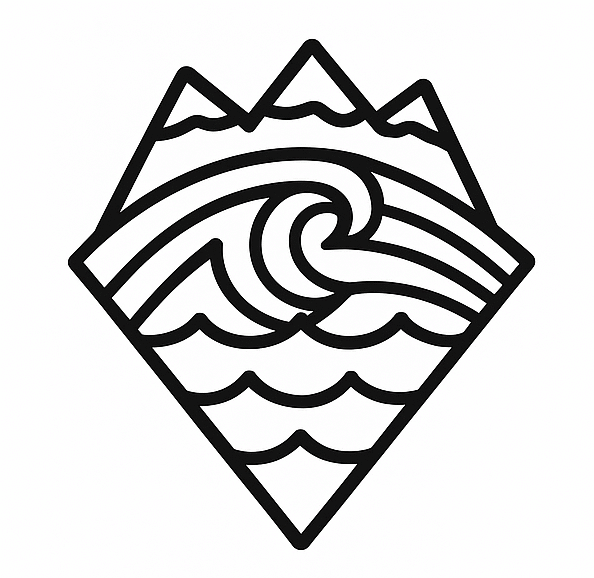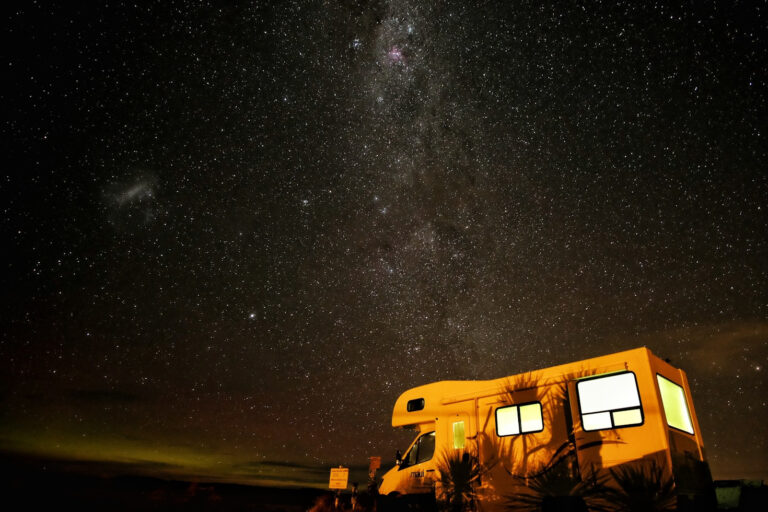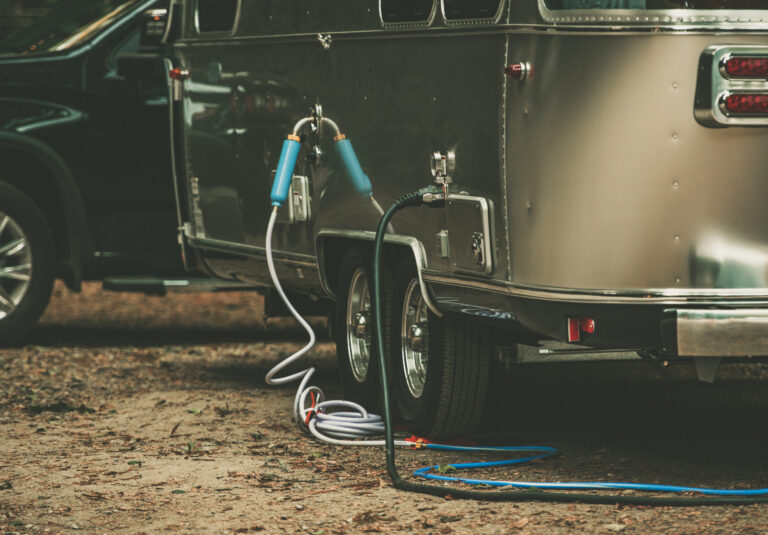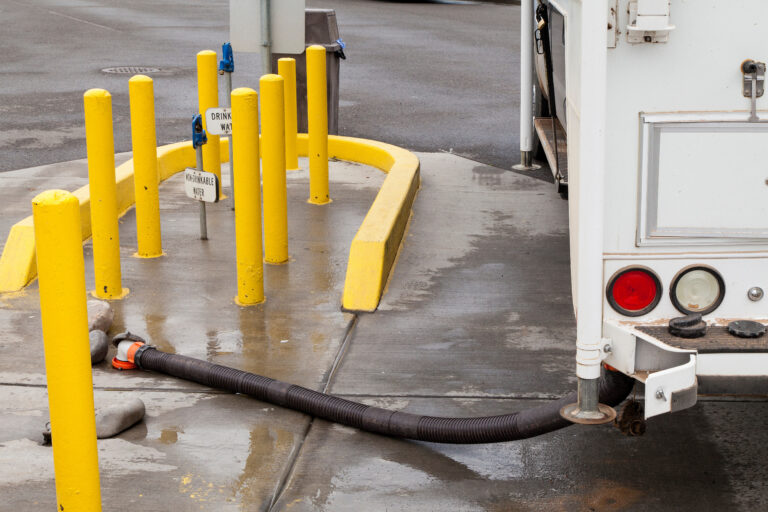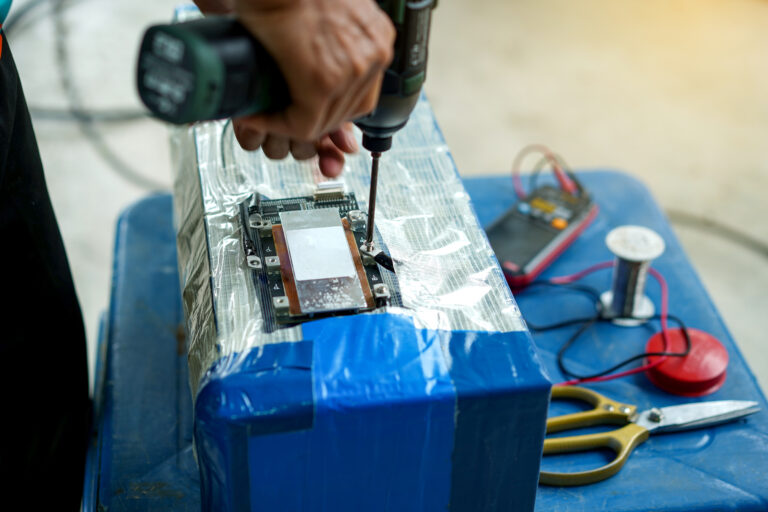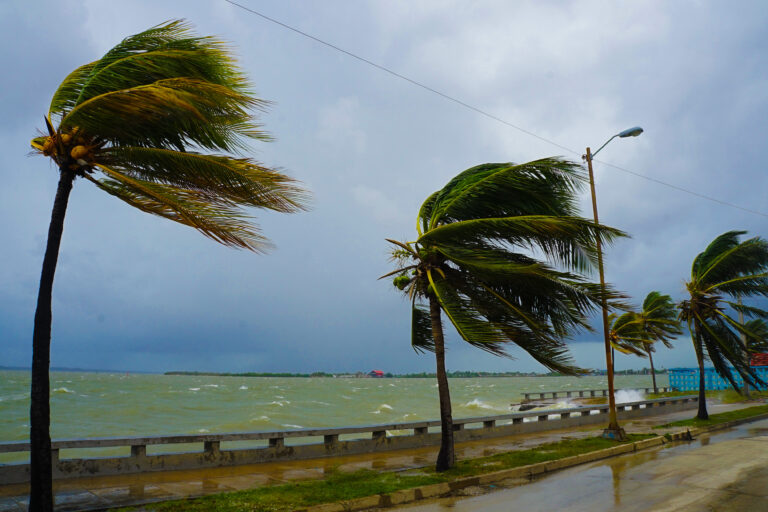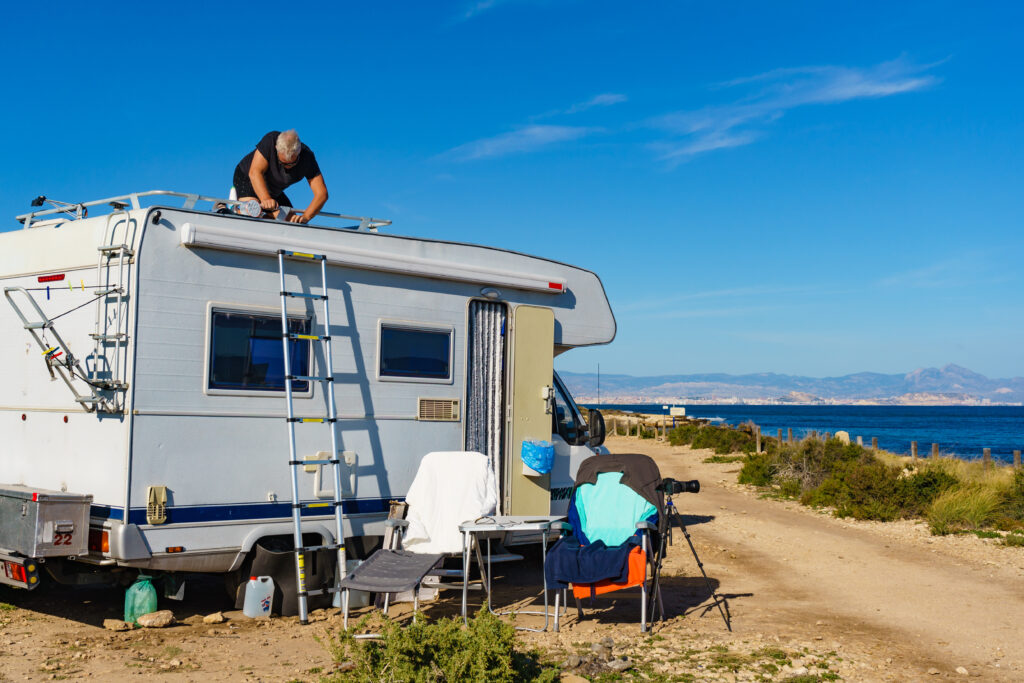
Essential RV Maintenance Tips Every RVer Should Know
AKA: How to Keep Your Rolling Money Pit from Exploding on the Interstate
Let’s get one thing straight: RV maintenance isn’t sexy. Nobody ever said, “Ooooh, baby, tell me more about your quarterly sealant inspection.” But if you don’t keep up with the basics, your rig will betray you like a leaky ex with a grudge and a can opener.
After 30+ years on the road—and more duct tape than I care to admit—I’ve learned the hard way what not to ignore. So buckle up, buttercup. This post is your no-fluff survival guide to RV maintenance and repairs.
We’re gonna keep it simple, practical, and mildly insulting. Just the way you like it.
Check Your Roof (Or Learn to Swim in Your Sleep)
Your RV roof is like your scalp—you don’t think about it until it’s cracked, peeling, or letting the sun in. Water intrusion is the #1 killer of RVs, and it usually starts up top. You need to inspect your roof at least every 90 days. More if you park under trees, in rain-prone zones, or if the universe hates you that week.
Look for:
- Cracked or bubbling sealant
- Loose or missing vent covers
- Gaps along roof seams and edges
Sealant doesn’t last forever, and that factory stuff? Laughable. Reseal trouble spots with lap sealant like your rig’s life depends on it—because it does.
Tires: Not Just for Looks, Folks
You can have the prettiest rig in the park, but if your tires are garbage, you’re basically towing a time bomb. RV tires age out long before they wear out. If yours are over 5 years old, they’re retirement-age.
Things to check:
- Tire age (read the DOT code)
- Tire pressure (check cold, every travel day)
- Sidewall cracks (aka dry rot)
- Uneven wear (could be alignment, bad bearings, or the wrath of Goodyear gods)
And yes, you need a real tire pressure gauge. The $4 one from the gas station doesn’t count.
Water Heater, Not a Time Bomb (Hopefully)
Ever taken a freezing shower because your water heater threw a hissy fit? Welcome to RV life. Most folks ignore this thing until it stops working. But your water heater needs love—especially if you use propane.
Here’s what to do:
- Drain and flush it every few months (especially if you’re in hard water areas)
- Replace the anode rod before it turns to dust
- Clean the burner tube if it’s running propane
Don’t wait until it’s spitting rust or sounding like it’s about to explode.
Keep Your Batteries Alive (Or Keep Camping in the Dark)
Your RV’s battery system is the heart of everything electrical. And like your own heart, you should probably check in once in a while to make sure it’s still working.
For lead-acid batteries:
- Check water levels monthly
- Clean terminals
- Test voltage regularly
- Keep them charged (a dead battery is a useless battery)
For lithium? Still keep an eye on charge levels, temperature range, and usage cycles.
Don’t Forget Your Brakes (Unless You Want to Meet a Guardrail Up Close)
Brakes are one of those things you don’t think about… until they don’t work. Towables especially need regular love—those electric brake magnets wear down over time.
Here’s what to inspect:
- Brake pads/shoes
- Magnet wear
- Greased bearings
- Wiring & breakaway switch
And if you hear grinding or squealing? That’s not the sound of freedom. That’s the sound of a repair bill knocking.
A/C Maintenance: Because Sweat Isn’t a Lifestyle
Rooftop ACs aren’t maintenance-free. You need to:
- Clean the filters monthly
- Inspect the coils
- Clear drain channels
Neglect your AC, and you’ll either sweat to death or pay $1,200 to replace it. Pick one.
Slide-Outs: The Devil’s Accordion
Love ’em or hate ’em, slide-outs are a weak point. If you’ve got ‘em, you must:
- Lubricate the seals and gears
- Inspect the seals for tearing or sagging
- Run them regularly (even when parked) to keep components from seizing
Letting them sit too long is like owning a treadmill you never use: it’ll bite you later.
| Preview | Product | Rating | Price | |
|---|---|---|---|---|
|
|
Thetford 32778 14oz Rubber Seal Conditioner |
$21.38 |
Buy on Amazon | |
|
|
STAR BRITE RV Slide-Out Lubricating Fluid with Cerflon – Ultra-Slick, Deep-Penetrating, Corrosion… | $21.86 | Buy on Amazon |
Winterizing: Not Just for Snowbirds
Even if you don’t camp in cold weather, your rig might sit in storage where temps drop below freezing. One cracked pipe can ruin your whole season.
Don’t be lazy. Do this:
- Drain all water lines
- Bypass the water heater
- Pump in RV antifreeze
If you’re new, just pay the $100 to have it done right. Ask me how I know.
Grease Every Pivot, Pin, and Hinge
Your RV is basically a giant box of moving parts trying to fall off at 70 mph. Lube is love.
Use a dry lube for steps, locks, and hinges. Use chassis grease for anything heavy-duty. And don’t forget the stabilizer jacks—unless you like them sounding like a dying walrus.
Bonus: Things You Think Are Maintenance-Free (But Aren’t)
- Propane system: Check for leaks and regulator wear.
- Awning: Clean, dry, and roll it up properly. Mold is no joke.
- Caulking: Around windows, doors, storage bays—cracks here = water inside.
- Smoke/CO detectors: Replace batteries and test them. Your life depends on it.
Don’t Get Overwhelmed—Just Get a System
RV maintenance feels like a full-time job because, well, it kinda is. But that doesn’t mean it has to suck. Break it down like this:
- Every trip: Tires, lights, battery, water, roof glance
- Monthly: Deep clean, lube moving parts, water heater flush
- Quarterly: Roof inspection, seal checks, slide maintenance
- Seasonally: Full system inspection, winterizing or de-winterizing
- Annually: Brakes, bearings, full reseal if needed, A/C servicing
Make a checklist. Keep a log. Bribe your spouse. Do whatever it takes to stay on top of it.
Final Thought: Pay Now or Cry Later
Skipping maintenance is like skipping oil changes—sure, you save time and money today. But down the road (usually the middle of nowhere), it will come back to bite you. Hard.
So do the work. Schedule the checks. Buy the gear.
And remember: the only thing worse than fixing your RV is waiting for a tow truck while raccoons move into your kitchen slide.
Heads up: Some of the links in this post are affiliate links, which means I may earn a small commission if you buy through them—at no extra cost to you. Think of it as Amazon tossing a tip in the jar so I can keep creating helpful stuff (and maybe pour some gas in the tank).
Heads up: At least some of the links on this page are affiliate links, which means I may earn a small commission if you buy through them—at no extra cost to you. Think of it as Amazon tossing a tip in the jar for you so I can keep creating helpful stuff (and maybe put some fuel in The Beast).
